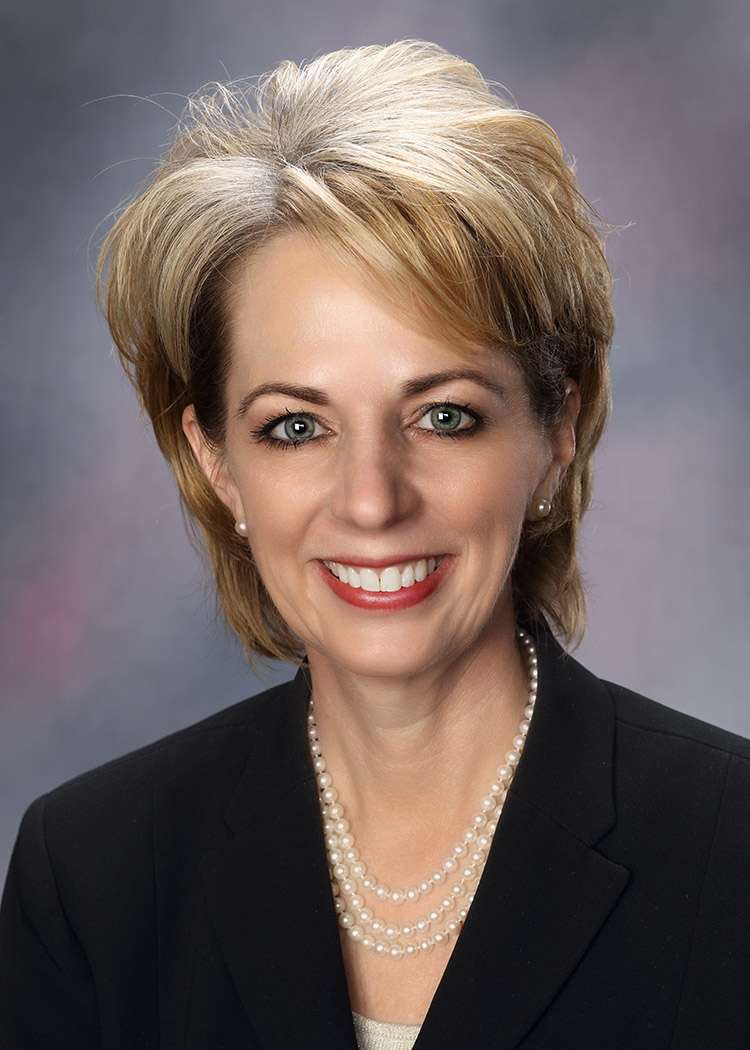
By TISA MASON
Fort Hays State University President
As Fort Hays State University (FHSU) gears up to launch its new strategic plan for the years 2024-2027, let’s reflect upon and celebrate the accomplishments of the 2019-2024 plan. Titled “Unlocking Untapped Potential,” the previous plan served as a comprehensive roadmap developed with the insight and contributions of the entire university community. Centered around five key goals—Academic Excellence, Student Success, Strategic Growth, Resources and Infrastructure, and Community and Global Engagement—each initiative was designed with specific, measurable outcomes in mind.
This column highlights the key accomplishments and challenges in achieving Goal 1: Academic Excellence, focused on fostering evidence-based best practices in teaching, supported by scholarly activities and professional development. Led by Dr. Jeffrey Briggs and Dr. Bradley Will, the initiatives under this goal made significant strides.
One of our major achievements was the early success in increasing the percentage of academic programs engaged in learning outcome assessments. These assessments, which ensure our academic programs’ integrity, effectiveness, and relevance, were a key focus area. Starting from 57 percent engagement in 2019, we surpassed our goal early, reaching an impressive 81 percent by 2023. These assessments now permeate every academic program, emphasizing continuous improvement and relevance.
The general education program’s success lies in its robust learning outcomes assessment. By 2021, the university had defined a unified set of desired outcomes tested and adopted for all general education courses. An initial pilot saw a third of the courses assessed, but by 2022, they had achieved a remarkable 100 percent assessment across all outcome sets. This early success allowed FHSU to refine its focus further, shifting towards collecting data on individual course sections. By the end of 2023, we gathered data from 72 percent of university course sections, and assessed 773 course sections.
Professional development for faculty is another crucial aspect of our pursuit of academic excellence. By 2024, we aimed for 75 percent of eligible faculty to receive and utilize funding for professional development through conferences and other external activities. We initially met this target in 2019. However, the COVID-19 pandemic presented significant challenges, causing a drop in conference attendance to 22 percent in 2022 when many activities moved online. In 2024, we saw a recovery to 66 percent, a testament to our resilience and adaptability.
In addition to external development opportunities, the Teaching Innovation and Learning Technologies (TILT) department significantly enhances on-campus professional development activities. The goal was for at least 55 percent of all teaching faculty to engage in on-campus professional development by 2024. This participation increased from 37 percent in 2019 to 58 percent in 2024.
Recognizing the importance of faculty research, a new outcome was adopted in 2021, focusing on funding for faculty research projects. This initiative aimed to foster an environment where innovative research could flourish, contributing to academic and professional growth.
Implementing goal one was not without its challenges. According to our goal chairs, ensuring that efforts impacted all academic programs and students required a focus on programmatic buy-in and sustained prioritization. Town hall sessions with constituents helped to pinpoint critical areas, leading to a strong emphasis on learning outcome assessments and faculty professional development.
The past five years have seen a cultural shift at FHSU, with program assessment becoming a universal practice. More than 80 percent of all programs now engage in annual assessments, contributing to continual program improvement and enhanced student success. Faculty and staff development opportunities have expanded, with significant participation increases thanks to the efforts of the TILT department and other institutional units.
Looking forward, the focus will be on "closing the loop"—using assessment data to drive meaningful changes and improve student achievements.
Drs. Jeffrey Briggs and Bradley Will have acknowledged the critical contributions of key individuals and departments to successfully implementing these initiatives. Andy Cutright, the University Director of Assessment, and the University Assessment Committee played pivotal roles in evolving the academic program assessment process. Similarly, the leadership of Dr. Andrew Feldstein, Nicole Frank, and the TILT staff was instrumental in advancing faculty and staff development opportunities, often leveraging technology to enhance the learning environment.
The progress made under this goal has led to tangible benefits for both students and faculty. As program assessment and professional development become more ingrained in the university's culture, the impact on teaching, learning, community engagement, and scholarly endeavors has been profound.
As we move forward, several new challenges and opportunities will emerge.
“Understanding evolving faculty and staff development needs and staying current with technological advances that impact instructional approaches will be critical,” Dr. Briggs said. “Furthermore, using assessment data to drive tangible changes remains a significant challenge that the university is now better equipped to tackle.”
“Coordinating and prioritizing academic excellence initiatives within the university strategic plan has directly benefited students and faculty, leading to improved outcomes in teaching, learning, community engagement, and scholarly endeavors,” Dr. Will said. “Knowing that the work of all involved in the strategic plan process has had a tangible positive impact is very gratifying.”
Provost and Vice President for Academic Affairs Jill Arensdorf eloquently encapsulated the essence of the strategic plan achievement by stating, “The University Strategic Plan focused on an outcomes-based approach that led to thoughtful, strategic decisions each year. I am proud of the work that FHSU faculty, staff, and students contributed to the creation of the plan over five years ago and the implementation of numerous unique strategies and action steps. Reaching our participation goal in program learning outcome assessment ahead of schedule is a testament to the dedication and perseverance inherent in our academic community.”
As FHSU prepares for the next chapter in its strategic journey, the groundwork laid by the 2019-2024 plan positions the university well to continue unlocking untapped potential and driving forward into a future filled with promise and opportunity. I look forward to sharing the progress and reflections on goal two, student success, in my next column.






